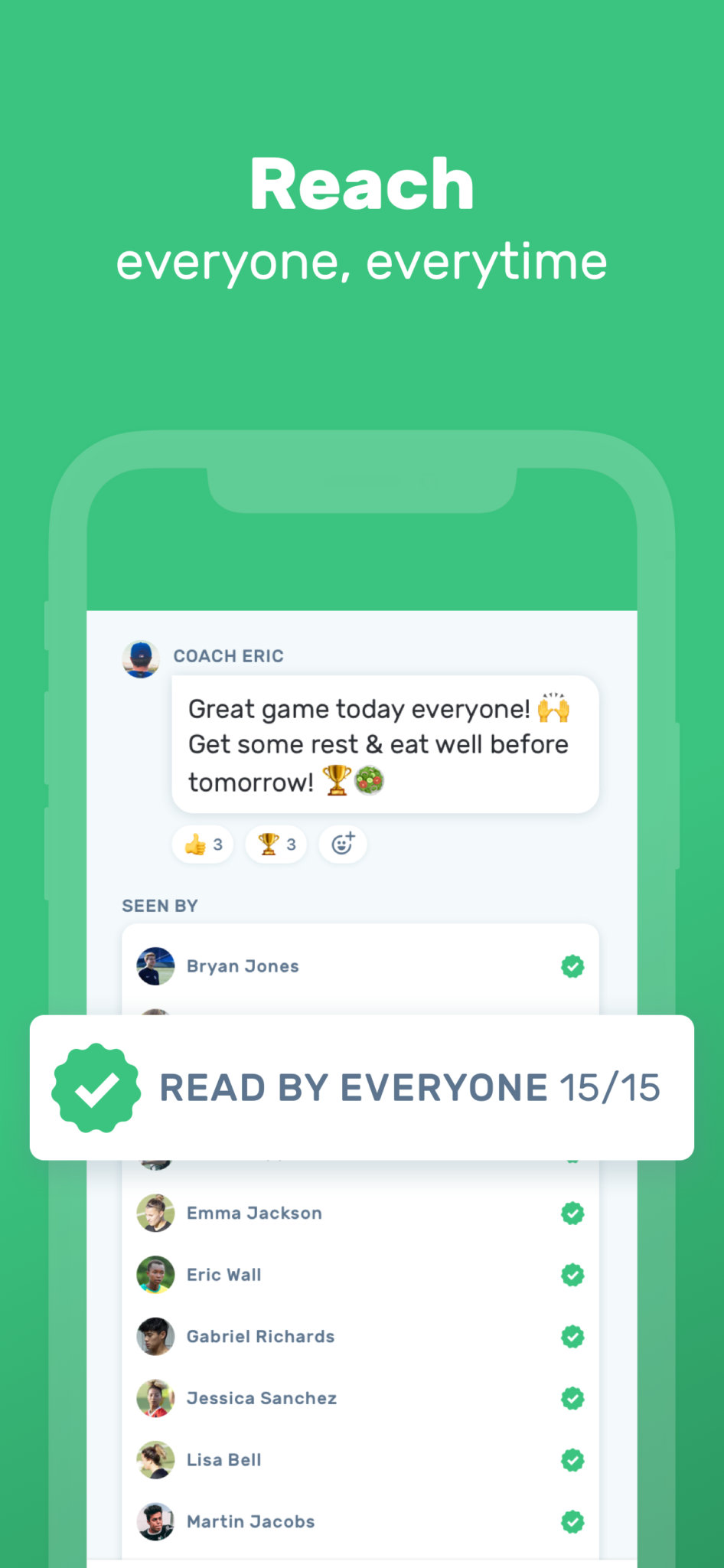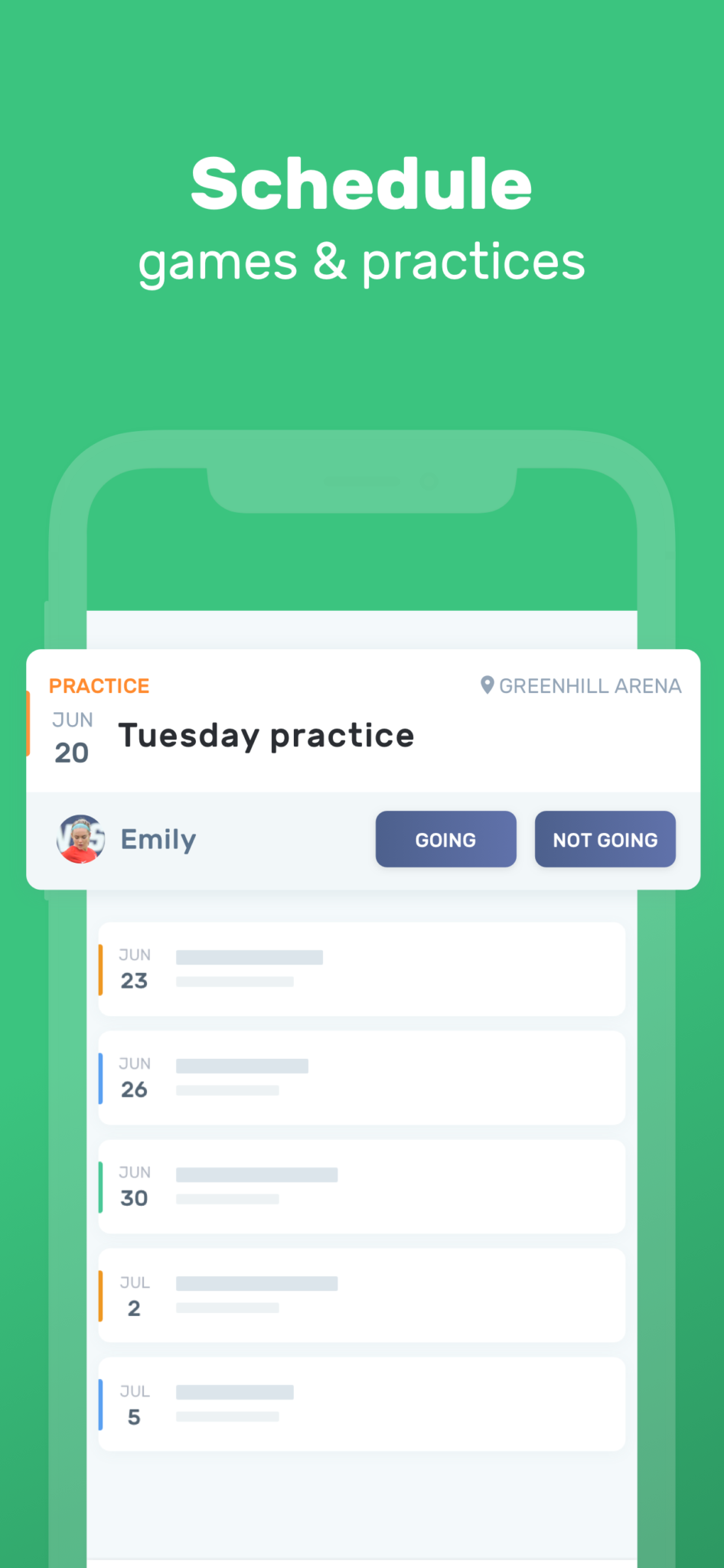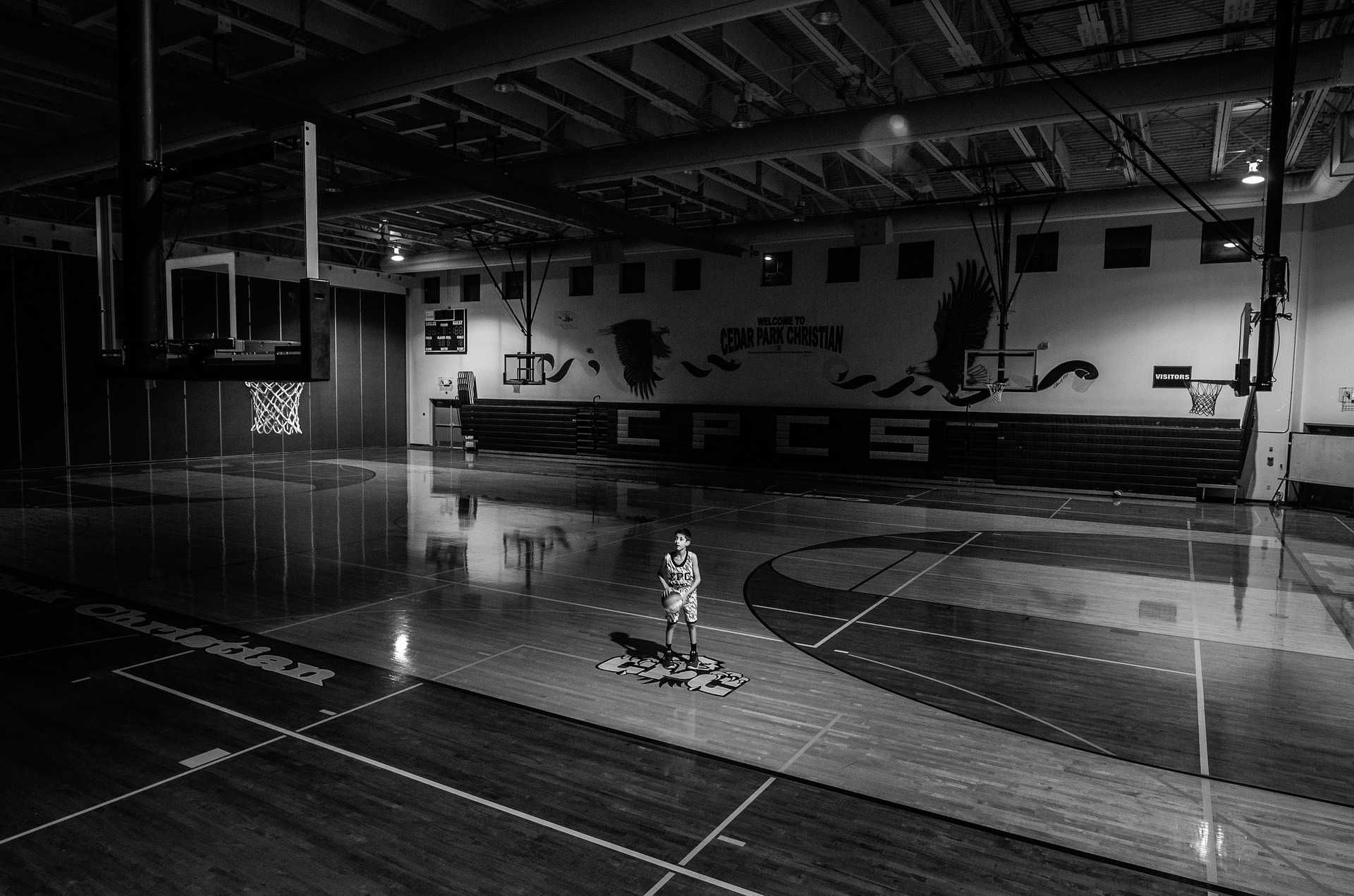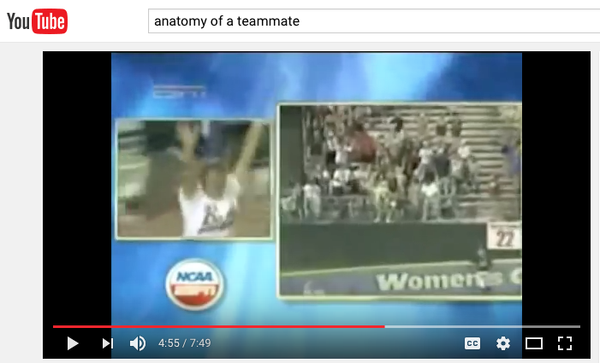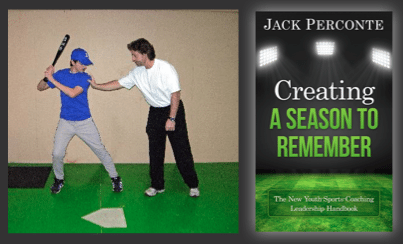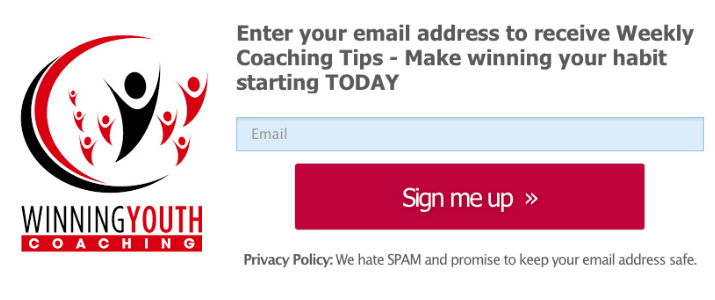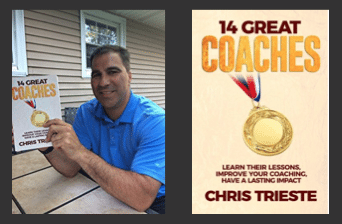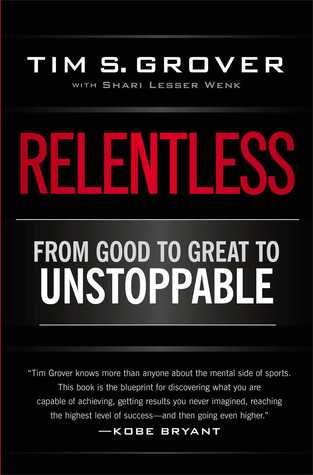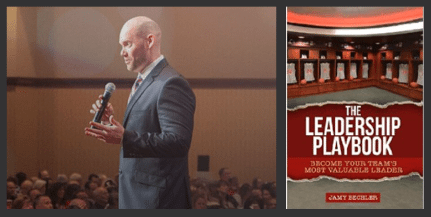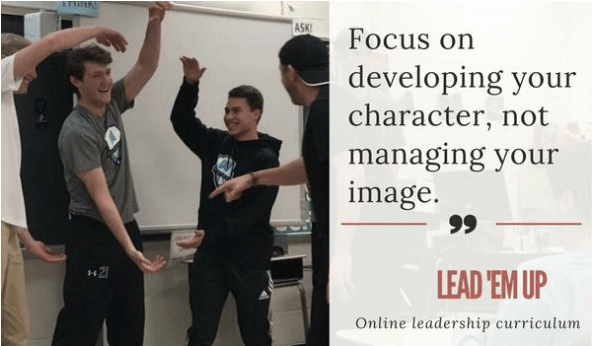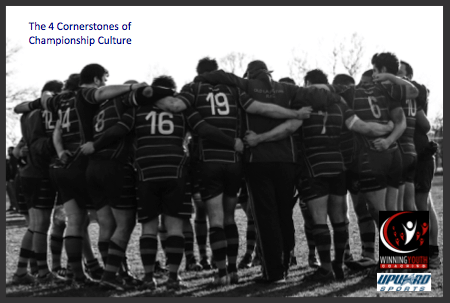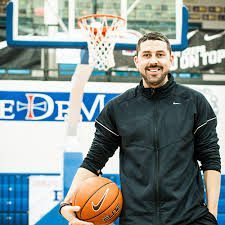June 23, 2019
The Problem Most Youth Coaches Don’t Know They Have – Guest Post
What most youth coaches do next is send out individual text messages and emails to players and parents. Sound familiar?
It’s fiddly. Takes time. You’re anxious about leaving someone out. Not everyone responds. How are you supposed to know if they’ve seen your message and received vital information?
The result? Players straggled at the wrong location, late, or missing practice altogether. Or kids uncollected because mom and dad didn’t get the new message. It’s you who loses out, the long-suffering youth coach with a screwed-up practice and only sad little Taylor for company!
It’s a problem. And it hinges on that essential element of youth coaching: successful communication with your team.
How to Communicate Better with Your Youth Team
Now, imagine this instead. Practice gets cancelled. Your team needs to be told.
This time, you blast the same message to all players and parents at the exact same time. Team contacts are listed for you. Just hit send.
Best of all, you can see exactly who reads your message and who doesn’t. You know who needs reminding!
Information’s not lost, practice goes smoothly and everyone’s picked up safely.
Sound too good to be true, youth coaches? It’s not.
The solution is a fantastic app called Heja. Coaches love this app because it was made specifically for the challenges of running a youth team. It works brilliantly and – here’s the kicker – it’s absolutely FREE!
Heja allows you to:
- communicate with your players, their parents and your coaching staff
- see who has received your messages
- organize your team in a clear Team Schedule
- share images, videos and more useful features
Even if the only thing you got by downloading Heja was knowing exactly who has seen your messages, it would be worth the 2 minutes it takes to get set up on the app. But that’s far from the case.
Why Youth Teams Need a Live Team Schedule
Ever been cornered by parents asking what the practice schedule looks like over the next few weeks? You do your best to share dates and times by email, text or in person. But it’s unorganized.
Here’s why Heja’s Team Schedule is beloved by the 50,000+ coaches currently using the free app.
How does it work? Update practice, game and workout times on your Team Schedule in Heja. Coaches, managers, players and parents access the schedule in the app. Everyone knows where to be. Kids show up on time. And if something changes, everyone gets notified.
BONUS: Players even check “going” or “not going” to each practice, game and workout so you know precisely who’s attending.
Does Your Team Really Need a Communication App?
Open, honest and instant communication is crucial to running any great team. Nowadays, digital communication plays a huge part in that.
However, nearly 60% of youth coaches admit to still relying on SMS and emails to communicate with their team, according to Heja’s survey.
When superior options exist, choosing not to utilize them has consequences. Over the course of a season, parents miss messages and interrupt practice.
The folks at Heja told me that’s one reason their app remains free. They believe great team communication shouldn’t be a luxury only afforded to some youth coaches.
Of course, other great services exist too. But no communication app is so well suited to the needs of youth coaches while remaining 100% free for the whole team (with no ads), which is why I’m happy to recommend Heja.
Get Your Team Started on Heja Now
Ready to try the app? It’s easy.
Download Heja on your phone. Create your team. Invite coaches, managers, players and parents to join with a team code and you’re good to go.
The whole process takes 2 minutes to set up and Heja’s customer support staff are brilliant when you need them.
Don’t settle for outdated communication this season. Invest 2 minuts now and unite your team on Heja. Trust us, your team will thank you for it later!
You can download Heja free here: https://go.heja.app/free-download
Disclosure: I was paid a small fee to endorse this app, but having seen all of its features and ways it can make a coach’s life easier, I fully support this article and encourage coaches to check out Heja and see how it can help their team.

